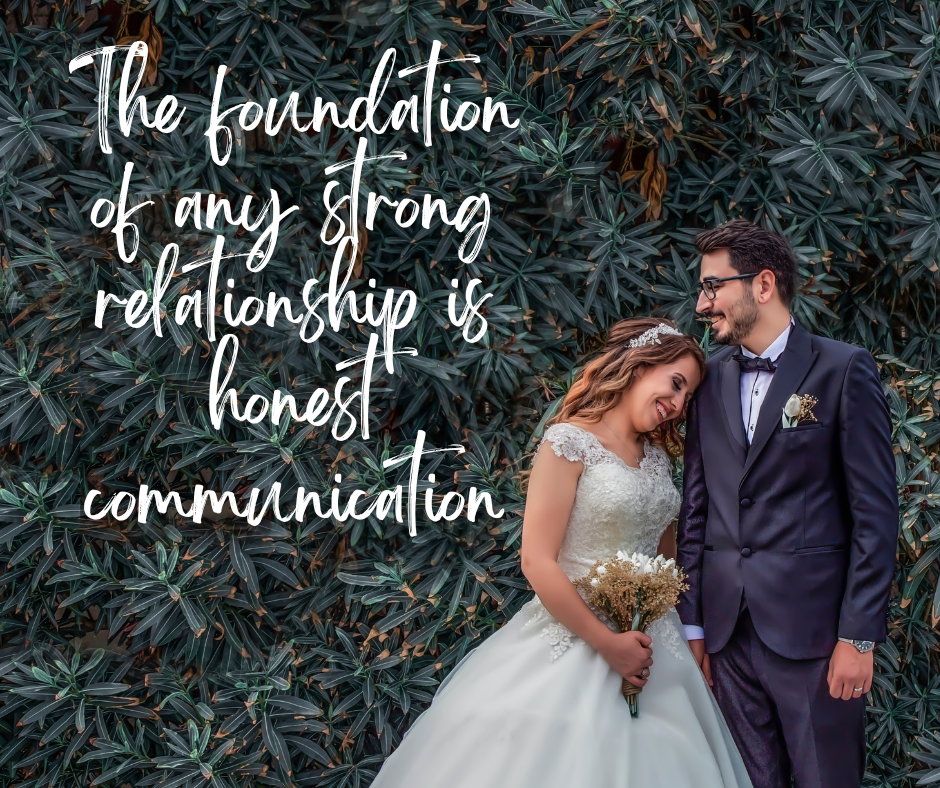The Role of Addiction Recovery in Building a Strong Marital Foundation

Marriage is often viewed as a partnership that thrives on love, trust, and mutual support. However, for couples dealing with addiction, these foundational elements can be compromised, leading to tension and instability. Addiction recovery plays a pivotal role in restoring balance and health to a marriage, providing couples with the tools they need to build a strong and lasting marital foundation.
Understanding Addiction and Its Effects on Marriage
Addiction is not merely a personal struggle; it is a relational challenge that affects both partners. Substance abuse, gambling, or other forms of addiction can create a cycle of chaos and unpredictability within a relationship. The partner struggling with addiction may experience emotional turmoil, financial difficulties, and a breakdown of communication, while the other partner may feel isolated, confused, and burdened by the responsibilities of caretaking.
As addiction takes center stage, the relationship often suffers. Trust is eroded as secrets and lies become prevalent. Communication breaks down, replaced by arguments and resentment. Consequently, couples may find themselves on the brink of separation or divorce, further complicating the recovery process. Thus, addressing addiction is not just beneficial for the individual but essential for the health of the marriage.
The Healing Power of Recovery
Recovery from addiction is a transformative journey that can have a profound impact on a couple’s relationship. When one partner seeks help, it can initiate a process of healing for both individuals. Recovery programs, such as therapy or support groups, provide a safe space for the addicted partner to explore the root causes of their addiction, learn coping strategies, and rebuild their self-esteem.
This journey can also facilitate open dialogue between partners. As the recovering individual shares their experiences, fears, and aspirations, the other partner gains insight into their struggles and motivations. This mutual understanding can rekindle intimacy and trust, paving the way for a deeper emotional connection.
Reestablishing Trust and Communication
A key aspect of building a strong marital foundation is the restoration of trust. Recovery provides an opportunity for couples to work on this critical element. As the recovering partner demonstrates their commitment to sobriety through consistent actions, the other partner can gradually rebuild their trust. This process takes time and patience, but it is essential for reestablishing a sense of safety and security in the relationship.
Furthermore, recovery encourages healthy communication patterns. Couples learn to express their feelings, needs, and concerns openly and constructively. This not only helps to resolve conflicts but also fosters a supportive environment where both partners feel valued and heard. Such communication skills are vital for navigating future challenges, ensuring the relationship remains resilient in the face of adversity.
Building a Shared Future
The journey of recovery can also strengthen a couple’s vision for their future together. As both partners engage in the recovery process, they can set shared goals, whether related to health, finances, or family life. This collaborative approach cultivates a sense of teamwork and unity, reinforcing the idea that they are stronger together.
Additionally, couples may find that their experiences in recovery inspire them to advocate for each other and others facing similar challenges. This sense of purpose can deepen their connection and commitment to one another.
Conclusion
Addiction recovery is a vital component in building a strong marital foundation. It provides couples with the opportunity to heal, communicate effectively, and rebuild trust. As partners navigate the complexities of recovery together, they create a resilient relationship capable of weathering life’s challenges. By embracing the recovery process, couples can transform their struggles into a source of strength, ultimately leading to a deeper, more fulfilling marriage.








